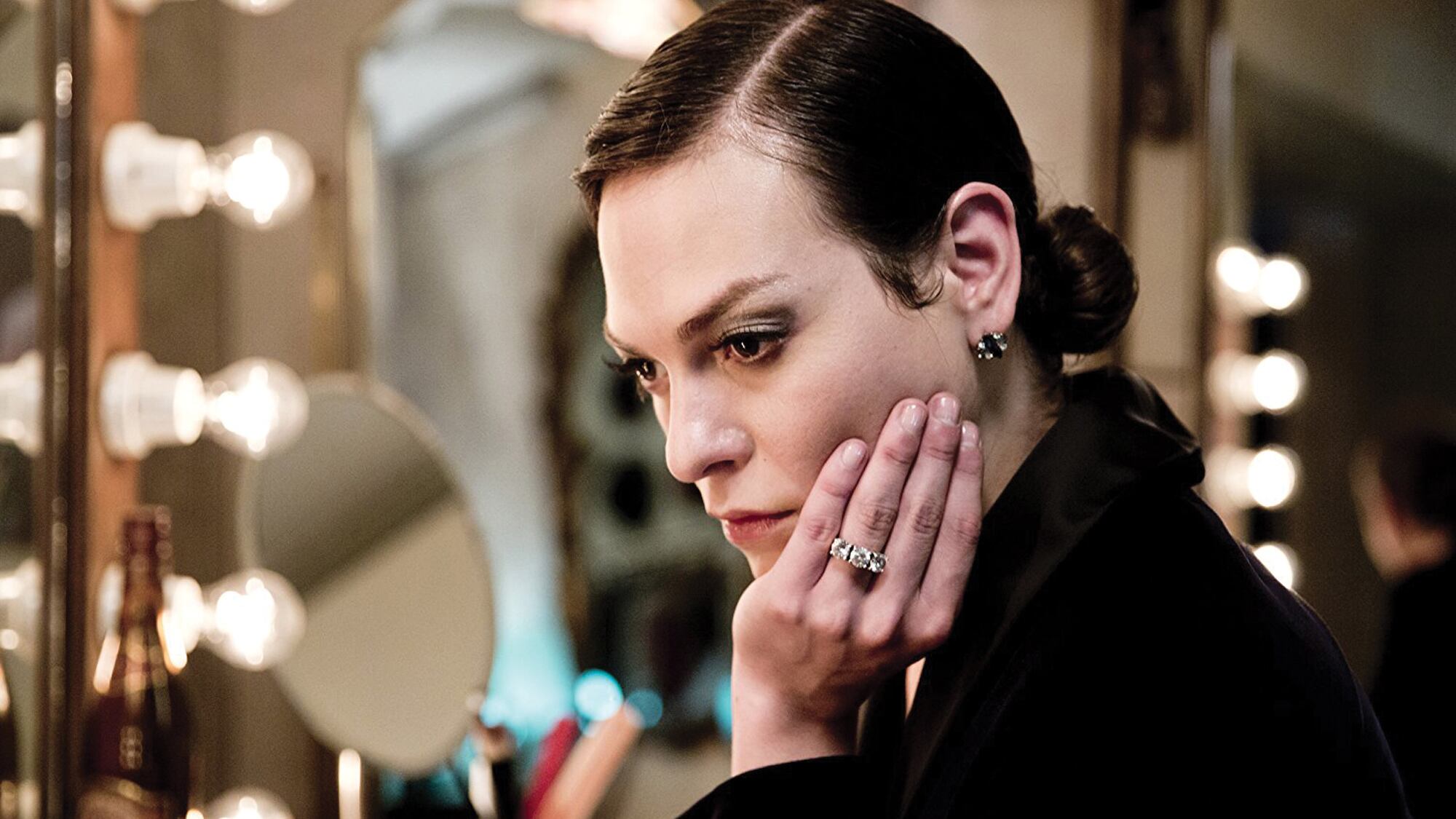When Marina's partner, Orlando, dies of a sudden aneurysm, she's forced to face a gauntlet of indignities. In A Fantastic Woman, the Chilean drama from Sebastián Lelio, Marina, a transgender woman, is met at every turn with police, doctors and Orlando's family who have probing questions and dark assumptions.
It's an affecting examination of posthumous rights and privileges for LGBTQ partners. But it never feels like a parable fashioned from headlines. Lelio aims deeper, imbuing his film with spectral hallucinations and apparitions of rage, disfigurement and grief.
As Marina, Daniela Vega's nearly unshakable composure renders the story one of specific emotional injustice: She never had to fight for legitimacy during her loved one's life; why should she have to in his death? Scene to scene, Vega is masterful at maintaining an expression that absorbs and parries people's barbs until the explosive moments she no longer can.
Ultimately, this sparse script shares very little about Marina's life up to this point, but her well-practiced resilience tells the tale. She's dealt with a lot in her life. This tragedy will have to be no different.
CRITIC'S RATING: 3/4 stars.
A Fantastic Woman is rated R and opens at Cinema 21 on Friday, Feb. 23.

